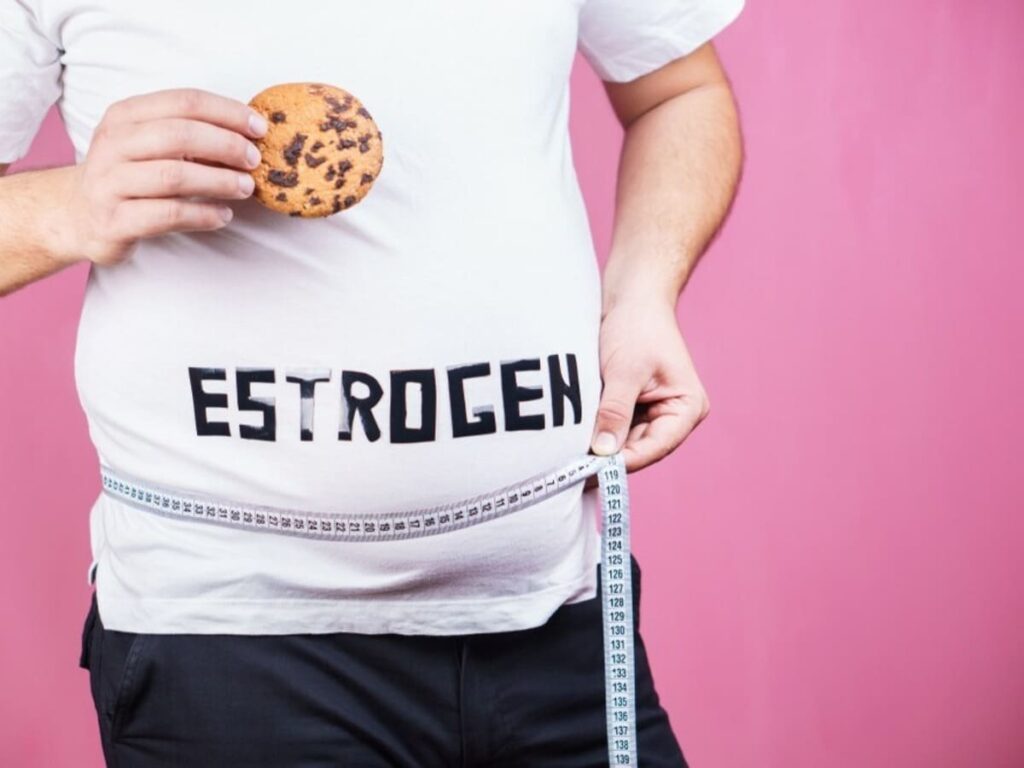Hormonal imbalance is a significant health issue that arises when the levels of hormones in the body are either too high or too low. This imbalance can lead to a variety of health problems, including fatigue, weight gain, mood swings, and reproductive issues. While several factors contribute to hormonal imbalance, including stress and lifestyle choices, dietary choices can play a crucial role. In this article, we will explore five specific foods that can exacerbate hormonal imbalance and how they affect your health.
Understanding Hormonal Imbalance
Hormones are chemical messengers that regulate numerous bodily functions, including metabolism, growth, and mood. An imbalance can occur due to various reasons, including poor diet, environmental toxins, and medical conditions. Recognizing the foods that may contribute to this imbalance is essential for maintaining overall well-being.
Foods That Contribute to Hormonal Imbalance
| Food Item | Effects on Hormones |
|---|---|
| Processed Sugars | Can increase insulin levels, leading to insulin resistance and weight gain. |
| Trans Fats | Known to disrupt hormone production and interfere with the body’s natural hormone signaling. |
| Soy Products | Contain phytoestrogens that can mimic estrogen and potentially disrupt hormonal balance. |
| Dairy Products | Hormones present in milk can contribute to hormonal acne and other imbalance symptoms. |
| Refined Carbohydrates | Lead to fluctuations in blood sugar and insulin levels, contributing to hormonal disturbances. |
1. Processed Sugars
Excessive consumption of processed sugars can lead to increased insulin levels in the body. When insulin resistance occurs, the body struggles to regulate blood sugar, resulting in weight gain and other metabolic issues. Reducing sugary snacks, sodas, and desserts can help restore hormonal balance.
2. Trans Fats
Trans fats, often found in fried and processed foods, have been linked to increased levels of inflammation in the body. This inflammation can disturb the balance of hormones, especially those related to reproductive health. It’s essential to read food labels carefully and avoid items with partially hydrogenated oils.
3. Soy Products
While soy is a popular plant-based protein, it contains compounds called phytoestrogens, which can mimic estrogen in the body. For some individuals, this can lead to hormonal imbalances, especially if consumed in large quantities. Moderation is key for maintaining hormonal health.
4. Dairy Products
Dairy is another food that may influence hormonal levels due to the presence of animal hormones. Some studies suggest that dairy consumption can exacerbate conditions like acne and amplify hormonal fluctuations. Opting for lactose-free or plant-based alternatives may help mitigate these effects.
5. Refined Carbohydrates
Refined carbohydrates, such as white bread and pastries, can cause rapid spikes and drops in blood sugar, triggering insulin responses that can disrupt hormonal balance. Choosing whole grains can provide a more stable source of energy and help maintain hormonal health.
Conclusion
Maintaining hormonal balance is crucial for overall health and well-being. The foods we consume can significantly impact our hormone levels, either positively or negatively. By being mindful of the five foods listed above—processed sugars, trans fats, soy products, dairy, and refined carbohydrates—you can take proactive steps towards achieving hormonal balance. Prioritizing a diet rich in whole foods, healthy fats, and lean proteins can help restore the natural equilibrium of hormones in the body, leading to improved health and vitality.
